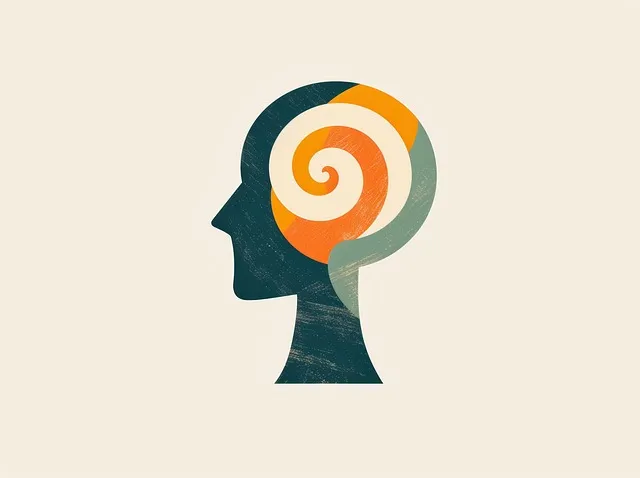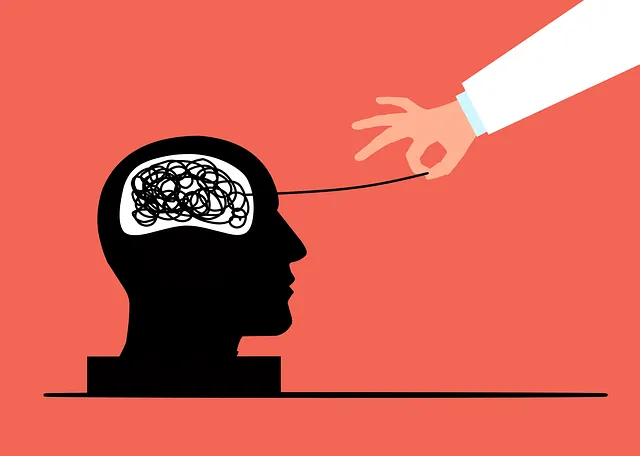Aurora, part of Kaiser's inpatient mental health program, offers a holistic approach to emotion regulation using compassion cultivation and stress reduction techniques. Through structured group therapy and diverse training methods like Cultural Competency and Inner Strength Development, patients gain emotional awareness, resilience, and tailored coping strategies. Both Aurora and Kaiser provide comprehensive services, with Aurora focusing on mindfulness and individual support, while Kaiser excels in cultural sensitivity training for diverse patient populations.
Emotion regulation techniques are powerful tools that can transform lives, offering individuals greater control over their emotional responses. This article explores effective teaching methods for these techniques, providing insights into how professionals can facilitate learning. We delve into the comparison of Aurora and Kaiser’s inpatient mental health services, shedding light on their approaches to emotion regulation. Discover practical strategies and understand the impact of specialized care in enhancing patients’ well-being. Learn about innovative methods that can make a difference in managing emotions.
- Understanding Emotion Regulation Techniques
- Teaching Methods for Effective Practice
- Aurora vs Kaiser: Inpatient Mental Health Services Comparison
Understanding Emotion Regulation Techniques

Emotion regulation techniques are essential tools for managing mental health, particularly for those seeking to improve their mood and overall well-being. Understanding these techniques involves recognizing that emotions are a natural part of life, but learning to respond to them healthily is crucial. At Aurora, Kaiser’s inpatient mental health program offers comprehensive resources for teaching effective emotion regulation strategies.
Through various methods like compassion cultivation practices and stress reduction techniques, individuals can develop a deeper awareness of their emotional responses. This awareness allows for better understanding and management of intense feelings, preventing them from overwhelming one’s life. By integrating these skills, whether in therapy or through self-practice, folks can navigate the complexities of their emotions with more ease, fostering resilience and enhancing overall mental health, as evidenced by Kaiser’s expert care at Aurora.
Teaching Methods for Effective Practice

Teaching methods play a pivotal role in the effectiveness of emotion regulation techniques. At institutions like Aurora does Kaiser have inpatient mental health facilities, structured and tailored approaches are implemented to ensure optimal learning. For instance, group therapy sessions foster a sense of community, allowing individuals to share experiences and gain insights from one another. This peer-to-peer learning can significantly enhance emotional understanding and coping strategies.
Incorporating diverse teaching methods like Healthcare Provider Cultural Competency Training, Social Skills Training, and Inner Strength Development is essential. These techniques not only empower individuals with effective emotion regulation tools but also promote self-awareness and resilience. By addressing cultural nuances and enhancing social interactions, these programs cater to a broader range of needs, making the learning experience more inclusive and impactful.
Aurora vs Kaiser: Inpatient Mental Health Services Comparison

When comparing Aurora and Kaiser in terms of inpatient mental health services, it’s crucial to explore how each institution approaches emotion regulation techniques teaching. Aurora stands out for its holistic approach, focusing on inner strength development through a range of therapeutic modalities. This includes individual therapy sessions, group support programs, and mindfulness workshops designed to empower patients with effective emotion regulation strategies. On the other hand, Kaiser excels in healthcare provider cultural competency training, ensuring that their staff is well-equipped to cater to diverse patient populations. This specialized training not only enhances the quality of care but also contributes to self-esteem improvement among individuals from various cultural backgrounds.
Inpatient mental health services at Aurora and Kaiser reflect their respective strengths: Aurora’s emphasis on inner strength development and Kaiser’s focus on cultural competency training. Both organizations play vital roles in fostering resilience, with Aurora’s techniques targeting emotional well-being at a fundamental level, while Kaiser’s training empowers healthcare providers to offer tailored, culturally sensitive care. This dual approach ensures that patients receive comprehensive support addressing both their immediate mental health needs and long-term personal growth aspirations.
Emotion regulation techniques are powerful tools that can significantly enhance mental well-being. By understanding and practicing these methods, individuals can better navigate their emotional responses and lead more fulfilling lives. Both Aurora and Kaiser offer notable inpatient mental health services, each with unique approaches. Aurora’s innovative teaching methods ensure patients gain practical skills for effective emotion regulation, while Kaiser provides comprehensive care through its robust program. Ultimately, choosing the right path depends on individual needs, emphasizing the importance of exploring these options in today’s mental healthcare landscape.






